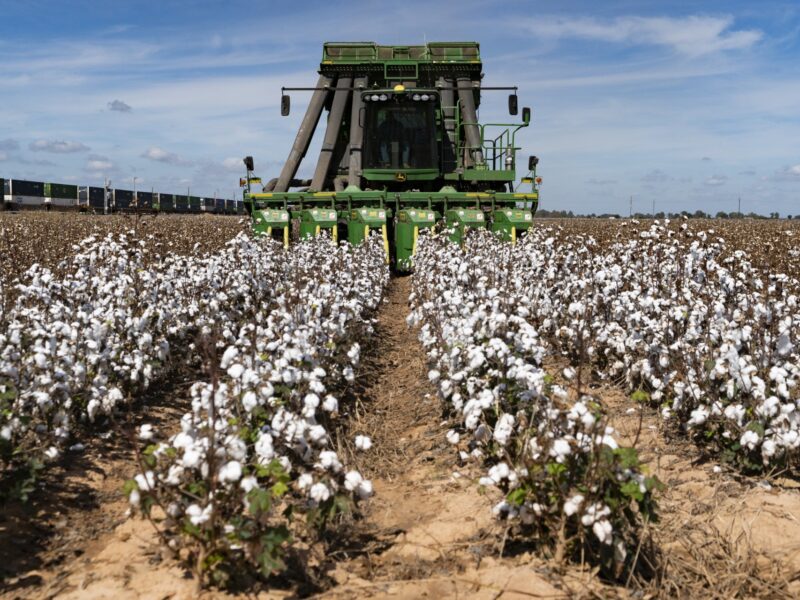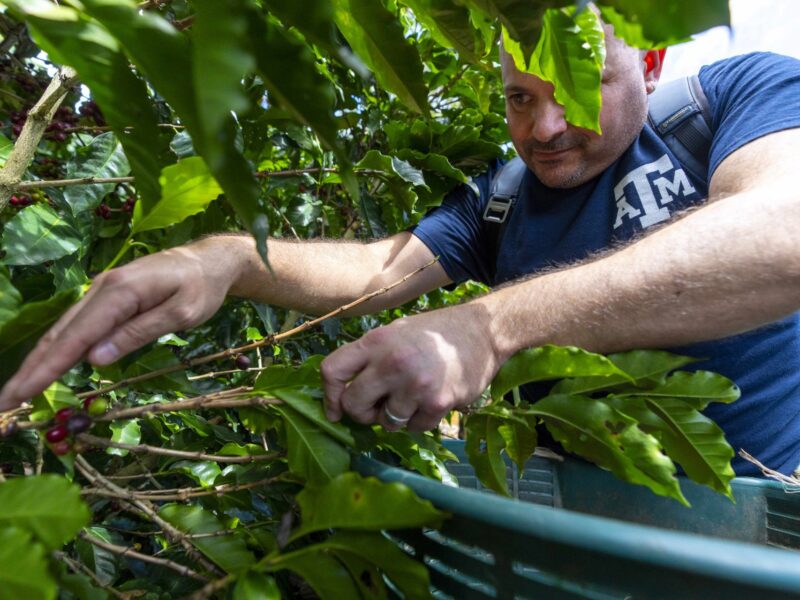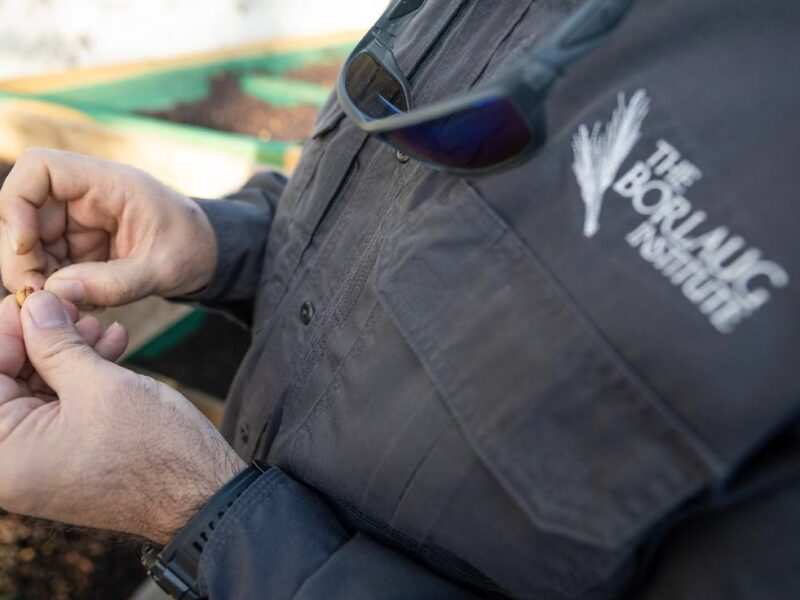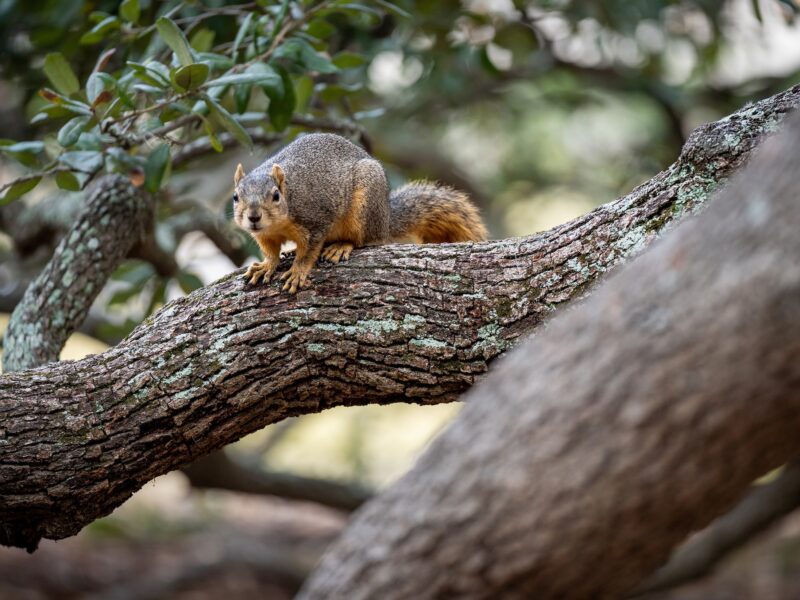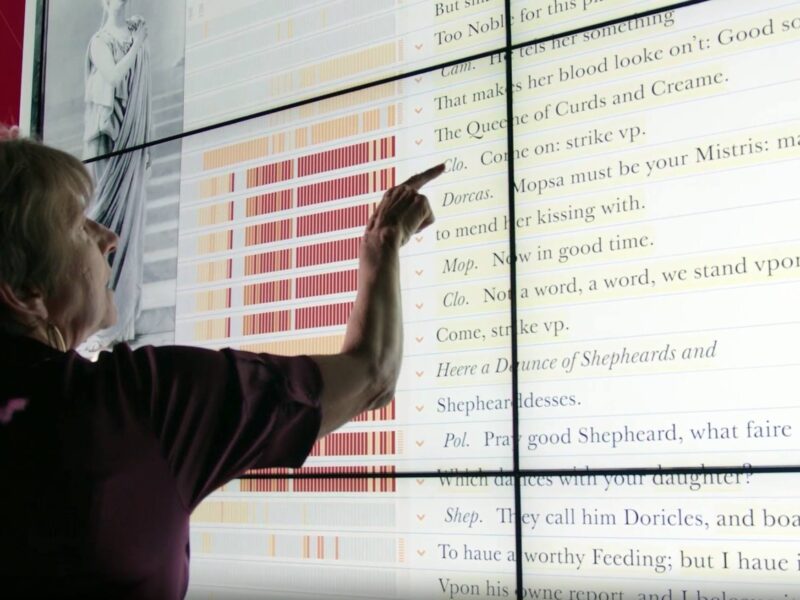Texas Bluebonnets Are Coming

Even though we aren’t seeing many just yet, be patient: Texas bluebonnets and wildflowers will soon come. According to a Texas A&M AgriLife expert, the recent winter freeze likely had minimal effects on both bluebonnets and wildflowers.
Larry Stein, Texas A&M AgriLife Extension Service horticulturist based in Uvalde, said that the majority of the bluebonnets and other Texas wildflowers were minimally affected the freeze because they were still in the rosette stage of growth and very close to the ground at the time.
“The snow, more so than the ice, actually blanketed and insulated them, so they are in pretty good shape,” said Stein. “The only place I have seen a little bit of minor damage was where the plants were advanced and already sending up a flower stalk.”

While the cold may have burned those few with stalks back, they will recover, possibly coming back better and more prolific than before, he said.
“The challenge we have this year is that not a lot of seed came up in the fall because it was so dry,” Stein said. “So, numbers are probably going to be down, and that’s due to being dry last fall and has nothing to do with the freeze.”
The flowers Texans see out in the wild may be small because of the lack of rainfall the last few months. Watering the bluebonnets is still helpful for them at this point, he said.
Chances are, if your bluebonnets didn’t show this year, there are still seeds in the ground. The dryness of the fall kept the seeds from germinating, so they will remain dormant until the time is right.
“Those seeds are still laying there, and that is the reason for that hard seed coat,” Stein said. “They come up over time from the simple weathering on the seed itself. Don’t get discouraged. They will come up when conditions are favorable.”
More than likely, the season for bluebonnets and wildflowers will be pushed back a few weeks due to the freeze.
While a few blooms are starting to show, peak season will most likely be closer into April and vary across the state according to weather.
“Peak season also really depends on moisture,” Stein said. “The snow brought some, but we need more.”
This article by Laura Muntean originally appeared on AgriLife Today.
